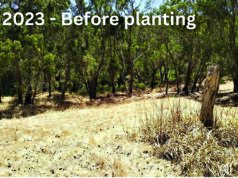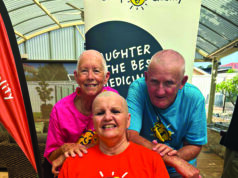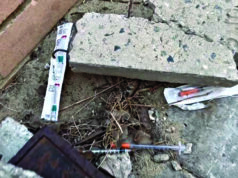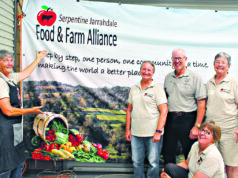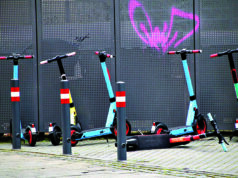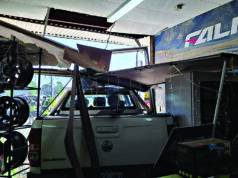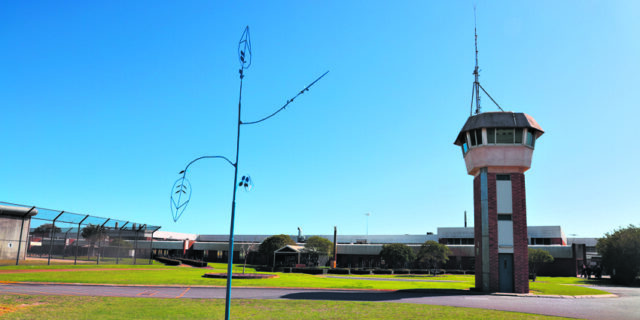
A year after Western Australia’s prison watchdog issued a show cause notice over inhumane conditions at Hakea Prison, little has changed for the men inside.
The latest inspection report, tabled last week, confirms what many feared.
Despite a dedicated taskforce and a surge in staff recruitment, prisoners at Hakea, most of whom are yet to be convicted, are still sleeping on mattresses beside toilets, struggling to access showers, clean clothes and fresh air.
It is a bleak picture, but not a new one. Inspector of Custodial Services Eamon Ryan said his office has been monitoring Hakea closely since the 2024 inspection that triggered formal intervention. There have been unannounced and announced visits, regular reviews of data and direct conversations with staff and prisoners.
“We did not see significant improvement in conditions,” he said.
While some out-of-cell hours have improved and recruitment efforts are underway, Mr Ryan said overall conditions remain unacceptable. He welcomed the Department of Justice’s creation of the Hakea Safer Custody Taskforce, but said change is too slow and too small.
“I acknowledge they are doing some good work, but I am concerned that it is not enough and not quick enough,” he said.
Mr Ryan said the problems at Hakea are not isolated. The entire prison system is under pressure, with record high prisoner numbers and staffing shortages affecting almost every facility in the state.
“There are more than 300 men and 30 women across WA sleeping on mattresses on the floor because there are no beds,” he said. “There are not enough program rooms, not enough staff, not enough space. The system is struggling.”
At the heart of the crisis is a question of scale. Mr Ryan said the taskforce is trying everything it can; using casual staff, changing routines, and recruiting as fast as possible. But there is a limit to what can be achieved within a system that is already full.
That is why he has now called for a formal inquiry.

“I am impatient for change,” he said. “If there was a quick fix, I believe the government would have done it. But there is not. We need to ask deeper questions. Are we sending too many people to prison? Are we supporting them when they get out? Do we need to think differently?”
He said an inquiry should look beyond prison walls, examining bail laws, diversion programs, post-release support and the broader social factors that keep people locked in the cycle of offending.
“If someone comes out of prison with no program, no support, no housing, and no job, they are likely to end up right back inside,” he said.
The Department of Justice has not supported the call for an inquiry but said it is committed to ongoing improvement. Since last year’s inspection, the Department said it has run 15 training programs and recruited 99 new officers to Hakea. It has suspended social visits on certain days to free up staff for outdoor exercise and begun planning a new structured day to improve prisoner routines.
But even with all of that, the conditions are still falling short.
Mr Ryan said the risks of continuing under the current pressure are serious, not only for prisoners, but for staff.
“There is a risk to health, wellbeing and safety,” he said. “There is a risk of critical incidents, self-harm, suicide, even major disturbance. And there is a risk that staff will continue to burn out, take extended leave, or leave the job entirely.”
After years of warnings, working groups and official reports, the question, still, is if this is not enough to turn things around, what will be?



